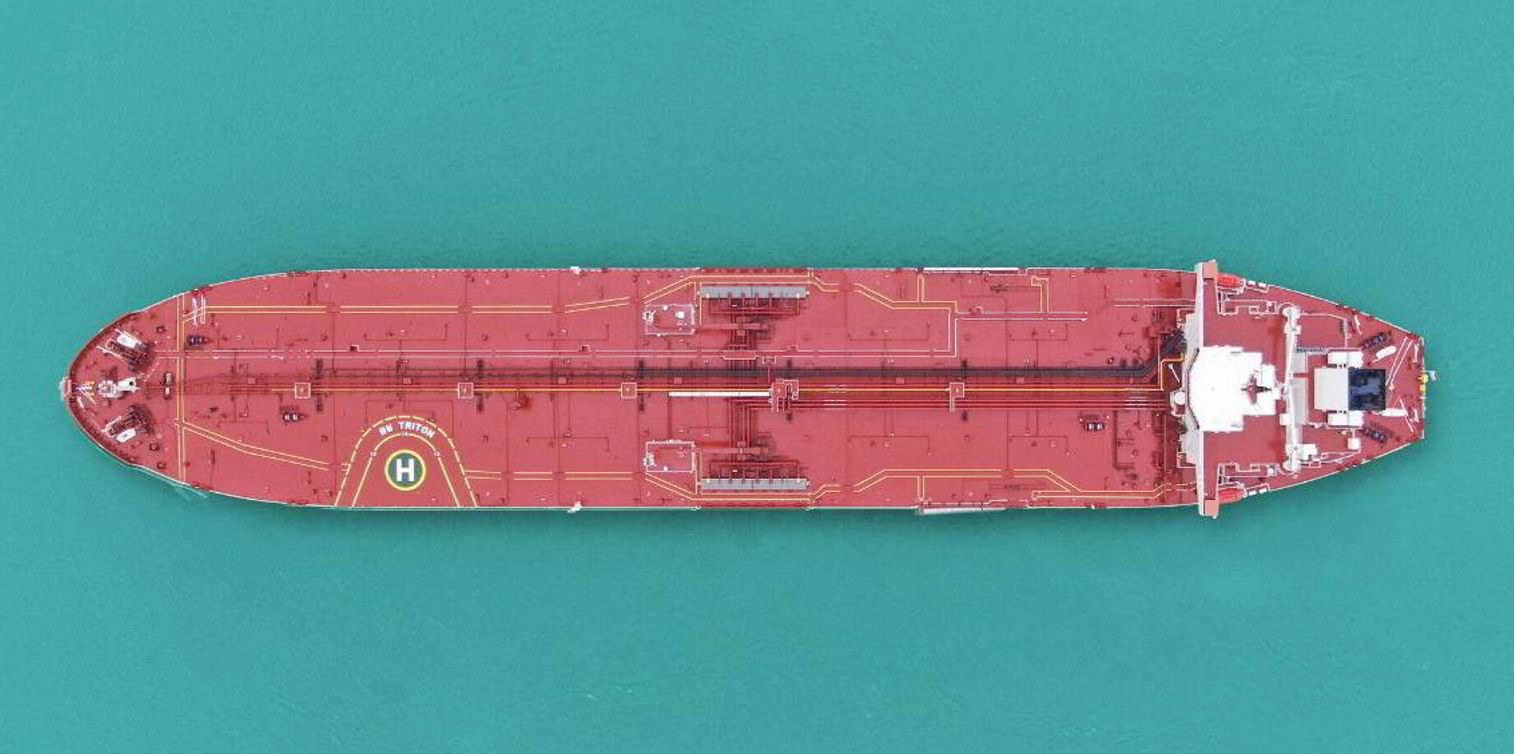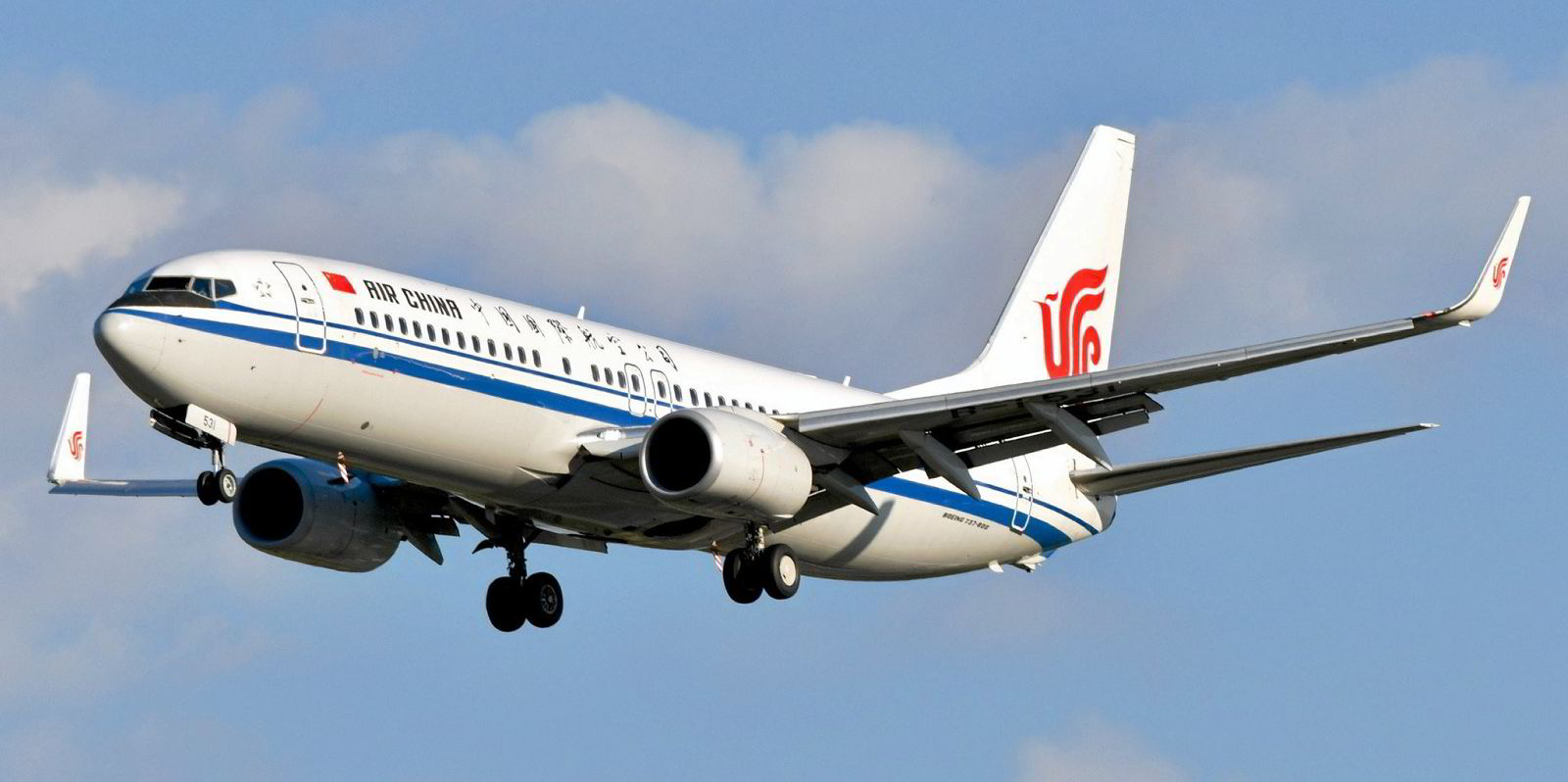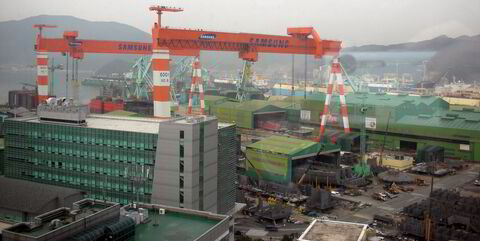Product tanker owners look set to enjoy healthy freight rates for at least another 18 months, according to a top US shipbroker.
Poten & Partners said tonne-mile demand and rates for product tankers will “remain strong at least through 2024” based on the current geopolitical and orderbook situation.
“There is no sign that a resolution to the conflict in Ukraine is close and even when the parties reach a cease-fire and stop the hostilities, we don’t expect the world to revert to the pre-war trading patterns for a while,” the broker said.
Meanwhile, Poten said the orderbook for delivery in 2023 and 2024 “remains modest” for all product tanker segments, even though there has been a spike in orders for delivery in 2025 and beyond.
The sanctions imposed on Russia since its invasion of Ukraine have led to a notable increase in global tonne-mile demand for product carriers.
“Some of the initial dislocations in the market have been ironed out, but trade sanctions especially those involving such a major player always lead to market inefficiencies,” Poten said.
The broker said owners of product tankers have benefited from this development as freight rates from handysize up to LR2s all reached post-pandemic highs in 2022.
It adds that while rates have “softened somewhat” in 2023 to date, they remain “strong from a historical perspective”.
Poten said a review of the main changes in Russian export flows shows that exports to the European Union countries such as the Netherlands, France, Belgium, Germany and Poland as well as to the UK fell away after the ban.
“Since February 2023, Europe has imported more diesel from Saudi Arabia, India and the US,” the broker said. “This shift away from Russia to other sources of supply has significantly increased European tonne-mile demand.”
Meanwhile, Russia’s “new customers” are located further away than its traditional clientele in Europe and this also boosted tonne-mile demand for product carriers.
Poten said the countries that boosted imports from Russia this year include Turkey, Brazil, Nigeria and Ghana as well as nations in the Middle East such as the United Arab Emirates and Saudi Arabia in particular.
“In 2023, Ghana and Nigeria imported the majority of their refined petroleum products from Russia,” the broker said. “In prior years, they imported almost nothing from Russia.
“Russian product shipments seem to have replaced barrels from the UAE and the US.
“Brazil grew its imports from Russia at the same time as it reduced product purchases from the US, traditionally its largest supplier.”





